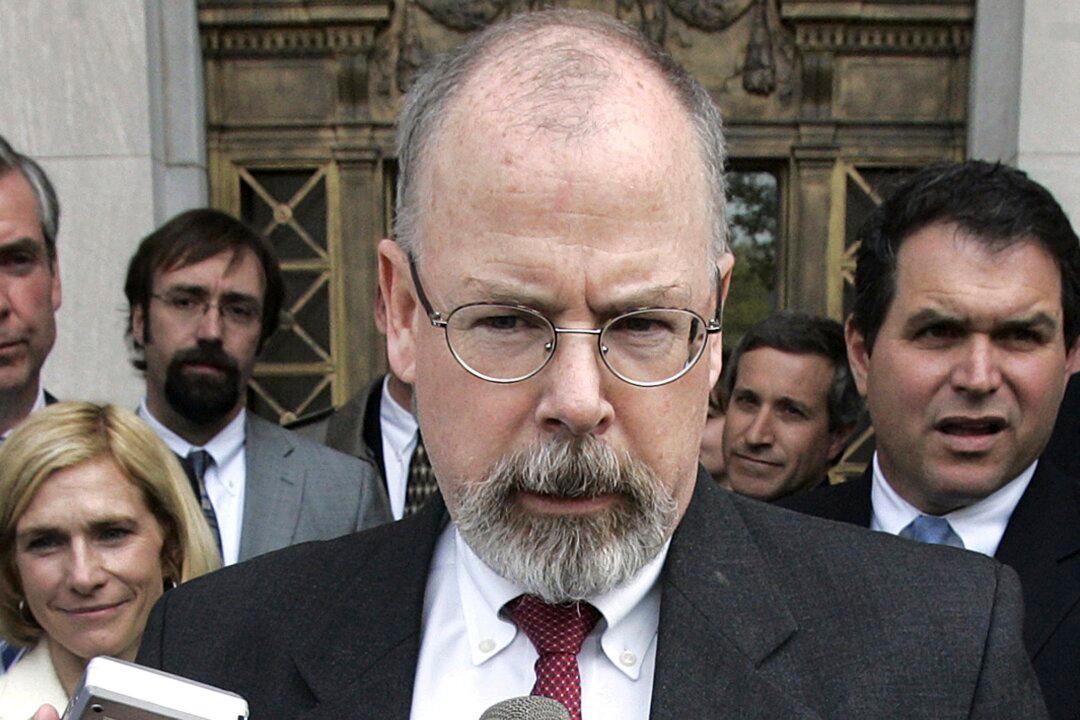The FBI attorney who altered an email as part of the process to obtain a secret court warrant to spy on a former Trump campaign adviser admitted to one count of making a false statement on Aug. 19 before a federal judge in Washington.
Former FBI assistant general counsel Kevin Clinesmith made the plea as part of a deal with prosecutors, who agreed to propose a sentencing range of zero to six months. Judge James Boasberg set the sentencing hearing for Dec. 10.





